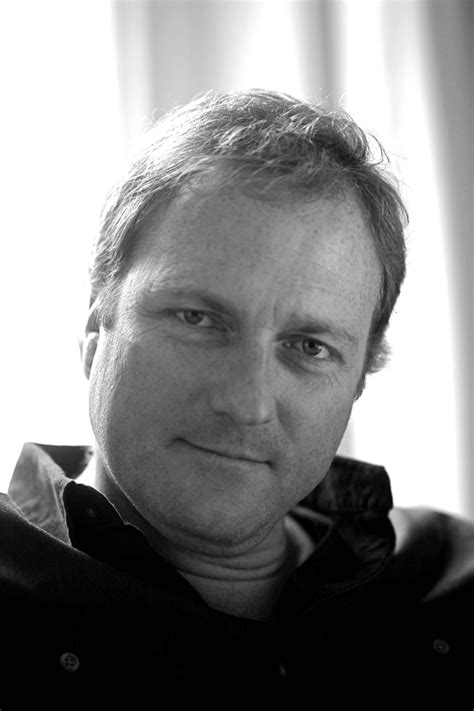A Quote by Margo Jefferson
What's often not acknowledged about depression is how much anger is in it.
Quote Topics
Related Quotes
Female rage is not often acknowledged - never mind written about - so one of the questions I'm asking is, 'Are you allowed to be this angry as you grow older as a woman?' But I'm also trying to trace where my anger came from. Who made me the person that is still so raw and angry? I think that it's empowering to ask that question.
There is nothing wrong with anger. Anger is a beautiful emotion, as valid and rich as joy or laughter. But you have been taught to repress your anger. Your anger has been condemned. If anger is unexpressed, it will slowly poison you. The key is to know how to express your anger. Do not throw it out onto any one. No one is responsible for your anger. Simply express your anger. Beat up a cushion. Go for a run. Express your anger to a tree. Dance your anger. Enjoy it.
Depression is not caused by a chemical imbalance in the brain, and it is not cured by medication. Depression may not even be an illness at all. Often, it can be a normal reaction to abnormal situations. Poverty, unemployment, and the loss of loved ones can make people depressed, and these social and situational causes of depression cannot be changed by drugs.




































